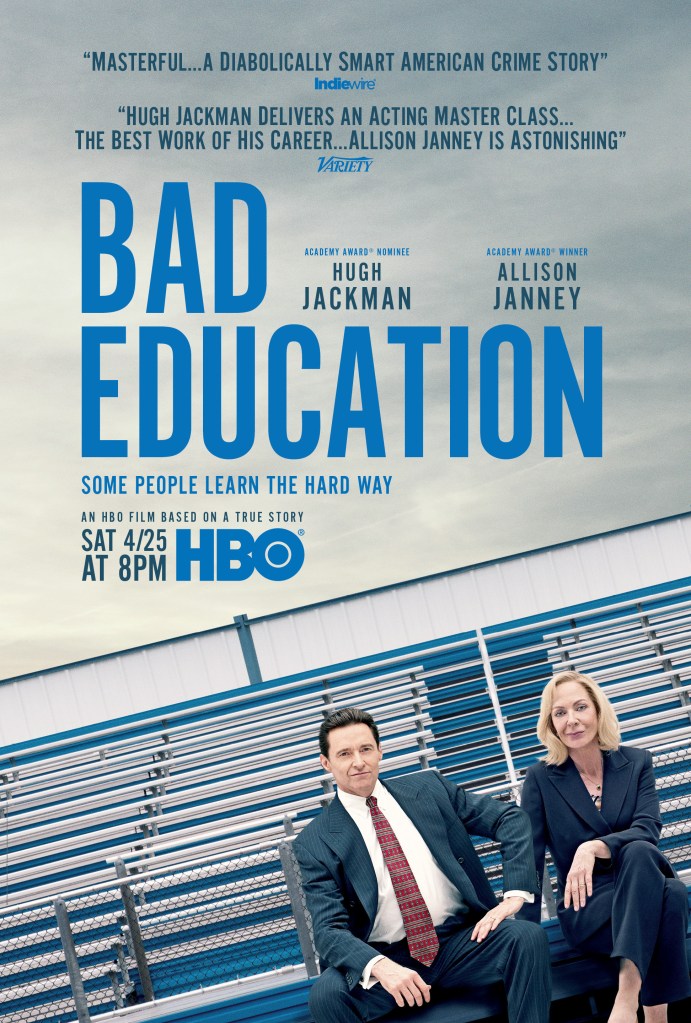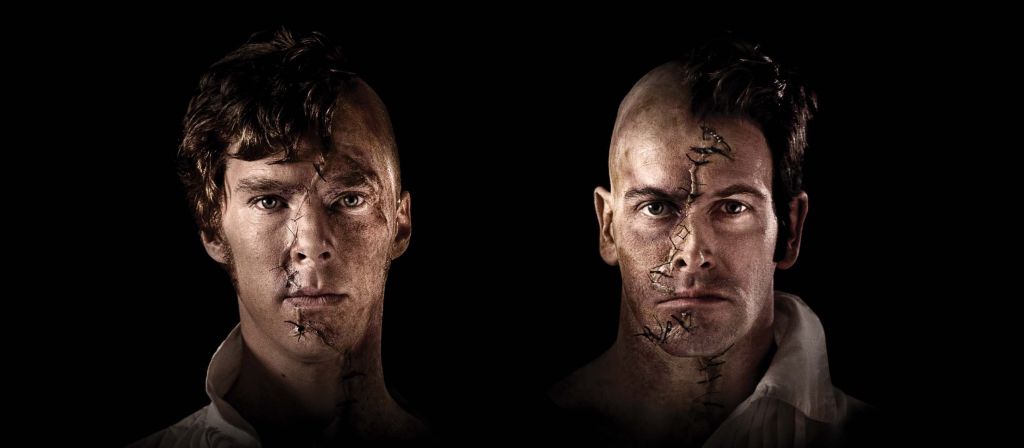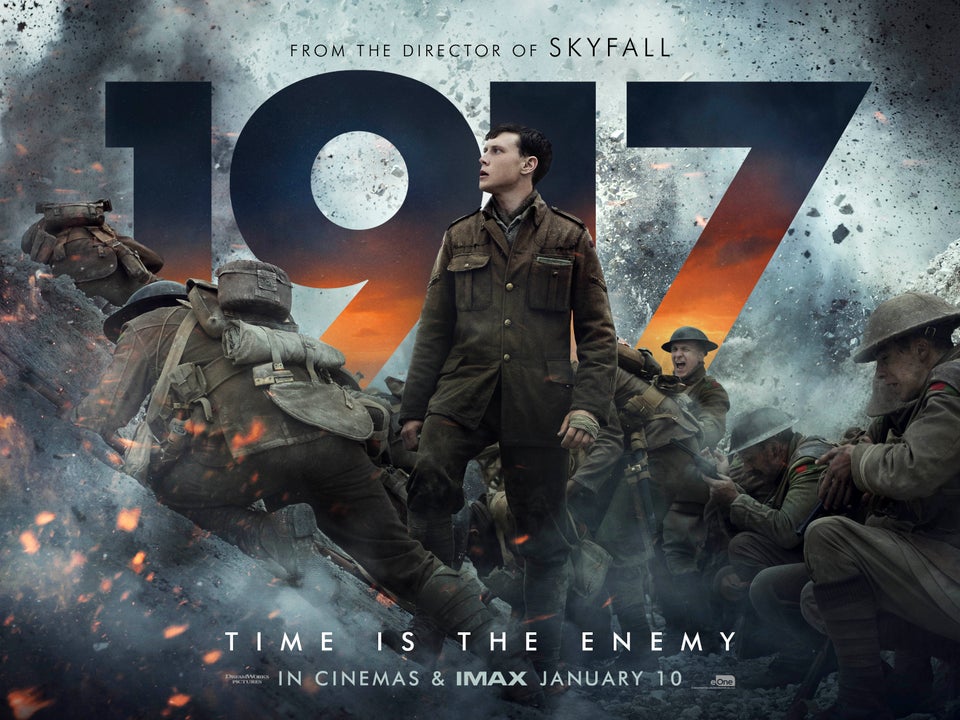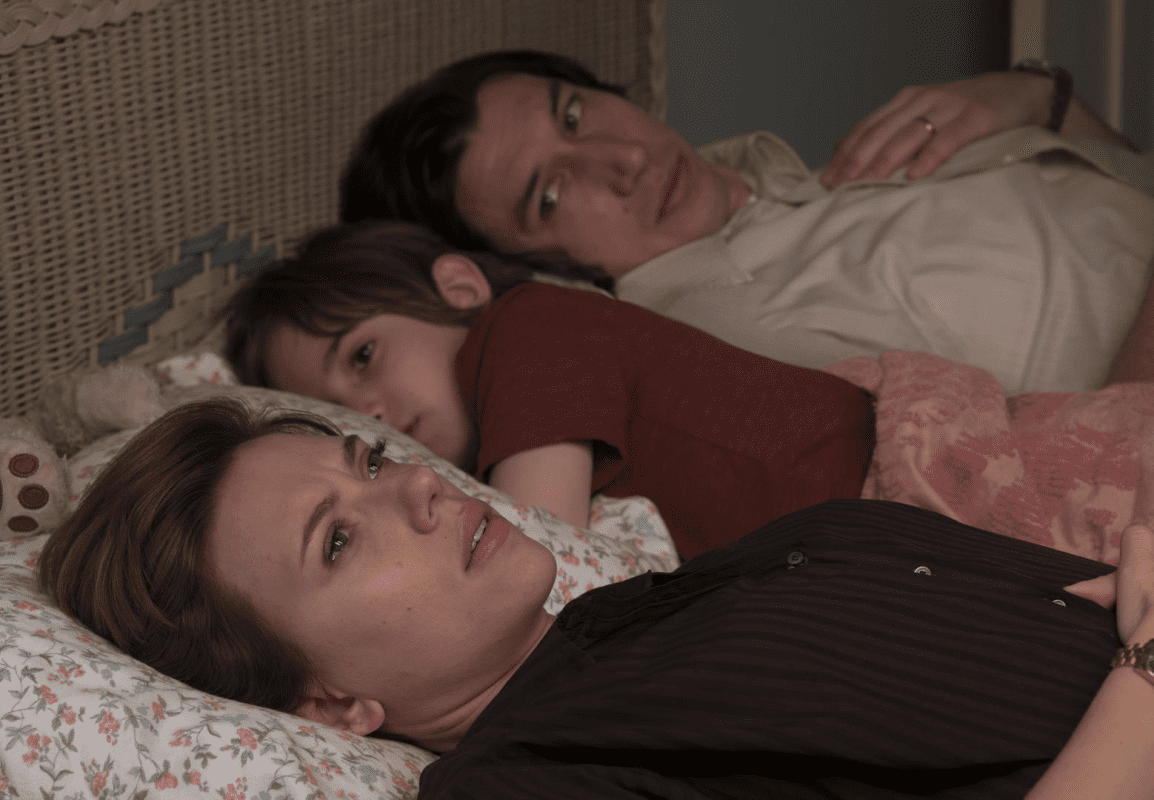
The relationship between man and horse has always been a complicated one. It’s simple to find inspiration in a story of humans and pets, since pets are generally treated well and have little expected but love in return. Horses, like all other beasts of burden, are the subject of greater expectations, and highly variable levels of respect. Cards on the table: I don’t find horse-racing films inspiring in the slightest. On the surface, it’s basically the same as watching NASCAR – full of souped-up, highly disposal means of transportation, barely deserving of the moniker of “sport”. The only noticeable difference is that these speedy conveyances are capable of feeling pain, making the activity that much more appalling. But beasts of burden have their place, to be sure, and there may be inspiration to be found in their stories, provided they’re enriching our lives in some meaningful way (gamblers, alcoholics, and gluemakers notwithstanding).
War is an equally mixed bag for storytelling, particularly World War I. It was known ever so briefly as “the war to end all wars”, and was a study in contradictions – an absurd mix of both ancient and groundbreaking mechanisms of battle. This war featured swords, cannons, trench and chemical warfare, tanks, metallic armor, and yes – even horses. War Horse effectively broaches the question of whether a horse is capable of demonstrating valor or loyalty, and regardless of the answer to this question, we do see a great many horses lying broken and discarded on the battlefield. This exploration of the First World War is certainly the most interesting part of this film, and simultaneously the most muddled.
This film plays like a fairy tale, with a soft glow blanketing the characters’ initial idyllic existence. Albert (Jeremy Irvine) is a farmboy in Devon, England, whose father wrecklessly splurges on a thoroughbred horse to plow his field. The horse, Joey, may well be a gorgeous specimen, but he’s not big, ugly, or strong enough for the farm work to be set before him. As Albert desperately tries to train Joey to work the plow, his landlord (David Thewlis) twirls his mustache and delivers an absurd (but well-spoken) monologue about Albert’s almost certain failure. This tale of boy and horse is entertaining, to be sure, and demonstrates the horse’s personality to an impressive degree. Even as we learn that these two will soon be torn from each other by the impending war, this sequence masterfully sets up their affection for one another, with Spielberg somehow wrangling as convincing a performance from the animal as from Irvine himself.
But from this point on, the film is basically just a series of vignettes, and actually becomes rather confusing. A staggering number of minor characters are introduced, each with a slightly different flavor of randomly accented English-language dialogue. Unless you happen to be an expert in WWI military insignia, it’s difficult to tell where Joey is, where he’s going, or how likely Albert is to find him. While this certainly causes the film to lose momentum, it somehow makes Joey’s story even more tragic, placing the audience in the same confused position he’s in. Horses may well be capable of loyalty, but this horse has very little choice in where he goes or what he does. While horses aren’t capable of understanding the full scope and consequence of their actions in warfare, this film certainly demonstrates their capacity to be swept up as either victims or reluctant participants.

Most of the human cast – whom I would struggle to call anything more than supporting players – are effective. As Joey strikes out on his journey, the film intently focuses on each of the lives he touches along the way. Benedict Cumberbatch and Tom Hiddleston both give strong turns as military officers. Newcomer Celine Buckens gives perhaps the worst accent performance in the film as a young [French?] farm girl who briefly and affectionately takes possession of Joey when he wanders onto her family farm. The story of the girl and her father had the potential to be quite poignant, but it is undercut by Buckens’ uneven performance and some rather irritating dialogue.
The film’s climactic scene, which I won’t spoil here, continues Spielberg’s tradition (begun in Saving Private Ryan) of depicting both sides of a historical war as potentially sympathetic. In their own way, each side recognizes Joey’s innocence and unwilling participation in this conflict, and seem determined to spare him any further harm. Over the course of this film, we see war horses treated as brutally as any other materiel, but it is in this final moment that the film hammers home the point that they’re a category unto themselves. I’m not sure if “inspiring” would be the right word for this message – the contribution of Joey and warhorses like him was meaningful, but it came on the eve of their obsolescence as a tool of human warfare. If Joey had been born a mere decade later, he could have lived out his life happily in peace. Then again, the same could be said for Albert and the young men who fight and die beside him. Like all war films, War Horse is a tragic tale at heart – but the friendship, valor, and loyalty demonstrated here is no less meaningful for it. War may well be a natural human condition, and as such it affects those beasts we hold most dear just as surely as it affects us all. To turn a historical eye to their contributions and sacrifices, whether or not they can truly be considered noble, does not go amiss.
FilmWonk rating: 6 out of 10










